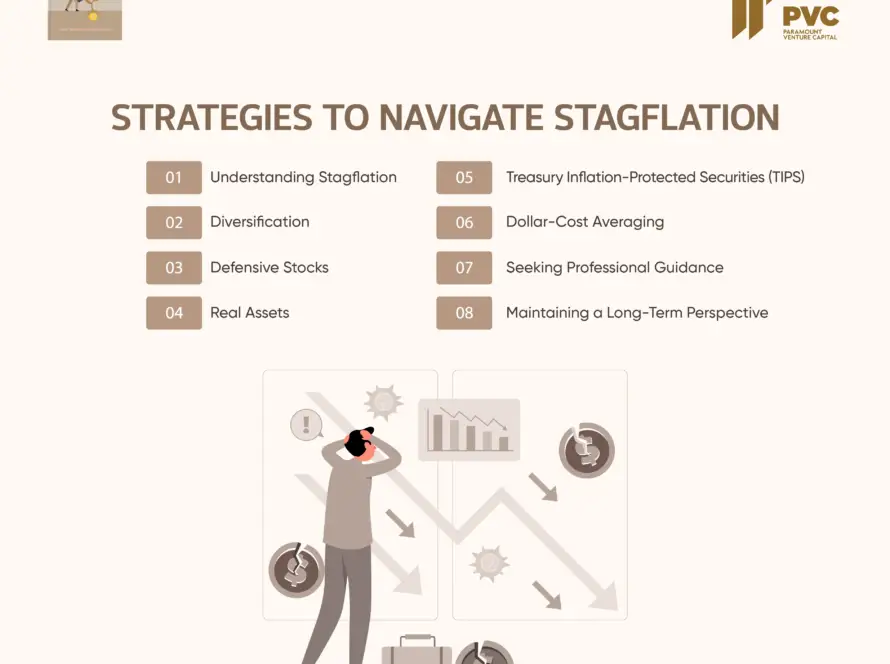Transitioning into Week Two of our comprehensive series on business valuation methodologies, we close the chapter on the Income Approach from our previous discussion. We now pivot our focus to the equally significant Market Approach.
The Market Approach is based on the idea that a business’s value can be determined by comparing it to similar businesses in the market. This method is particularly useful when there are many comparable businesses or recent transactions in the industry. Here’s a quick breakdown:
- 𝐂𝐨𝐦𝐩𝐚𝐫𝐚𝐛𝐥𝐞 𝐂𝐨𝐦𝐩𝐚𝐧𝐢𝐞𝐬 𝐀𝐧𝐚𝐥𝐲𝐬𝐢𝐬 (𝐂𝐂𝐀): This involves identifying publicly traded companies that are similar to your business in terms of size, industry, and financial characteristics. The valuation multiples of these companies, such as Price/Earnings (P/E) or Enterprise Value/EBITDA, can provide a benchmark for valuing your business.
- 𝐏𝐫𝐞𝐜𝐞𝐝𝐞𝐧𝐭 𝐓𝐫𝐚𝐧𝐬𝐚𝐜𝐭𝐢𝐨𝐧𝐬 𝐀𝐧𝐚𝐥𝐲𝐬𝐢𝐬 (𝐏𝐓𝐀): This involves analyzing transactions involving companies similar to yours to determine how much acquirers have paid for such businesses. This can give you an idea of how much your business might be worth in a sale.
- 𝐔𝐧𝐝𝐞𝐫𝐬𝐭𝐚𝐧𝐝𝐢𝐧𝐠 𝐌𝐚𝐫𝐤𝐞𝐭 𝐂𝐨𝐧𝐝𝐢𝐭𝐢𝐨𝐧𝐬: Market conditions can significantly impact business valuations. Factors such as economic trends, industry growth rates, and investor sentiment can all influence the multiples at which comparable companies and precedent transactions are valued.
A prime example of a company that uses the Market Approach is Zillow. The online real estate marketplace uses this approach to estimate home values, known as ‘Zestimates’, by comparing them to recent sales and listings in the area.
Remember, the Market Approach is just one method of valuation. Next week, we will discuss the final method, the Cost Approach. Stay tuned!



